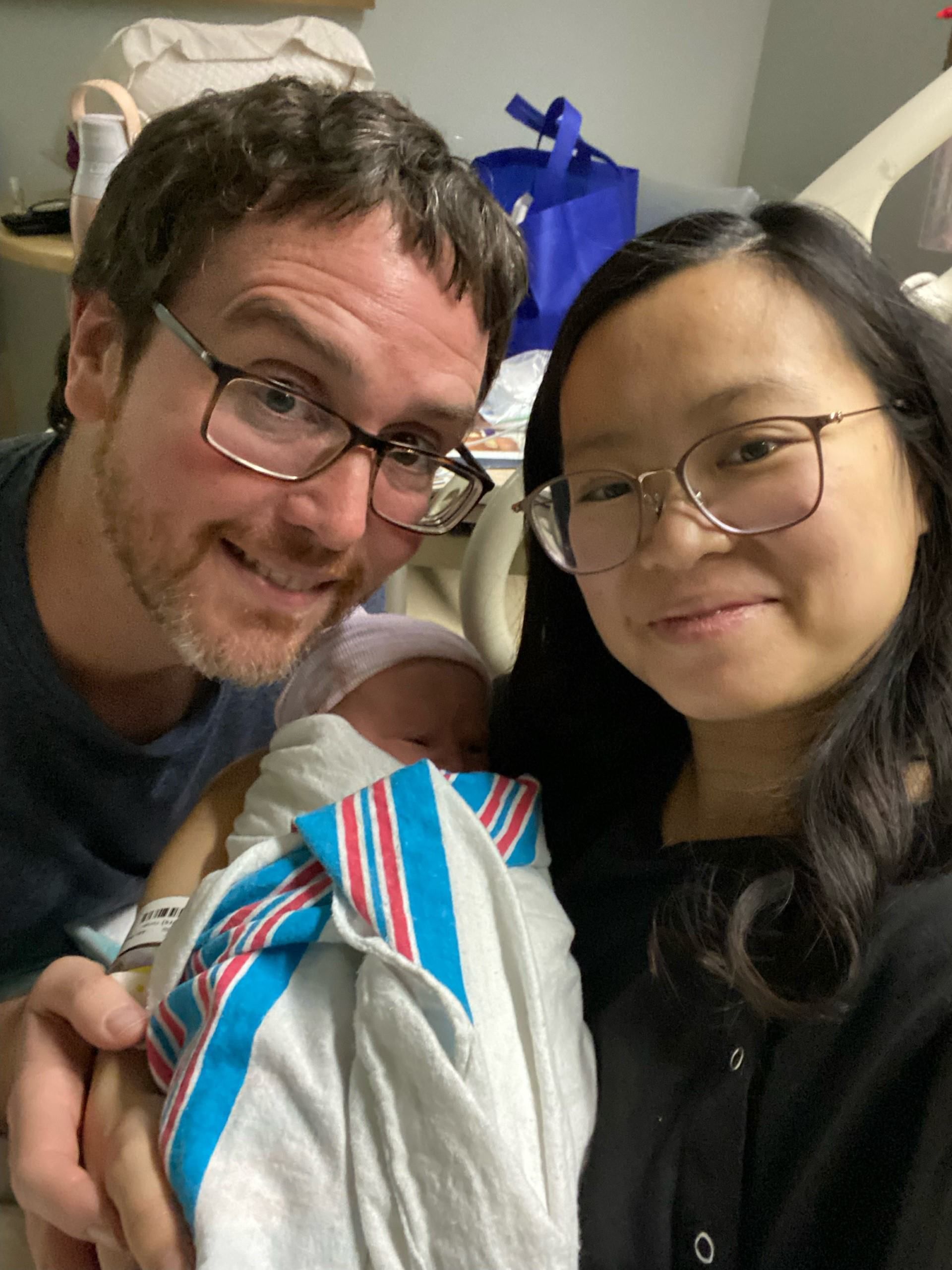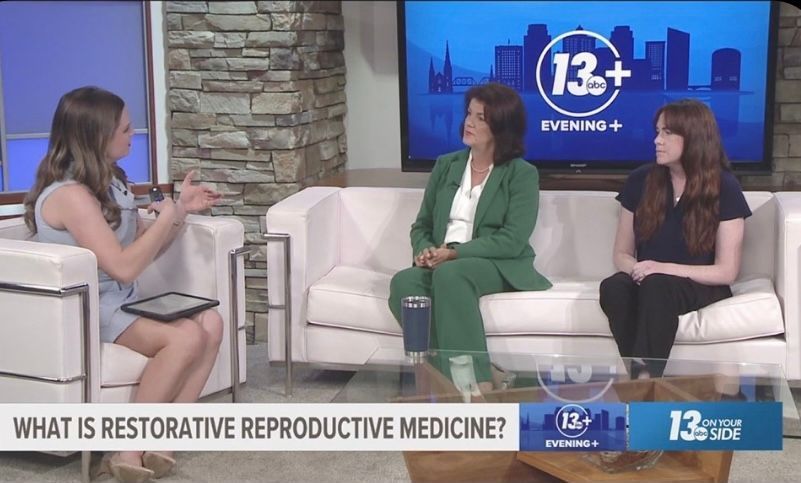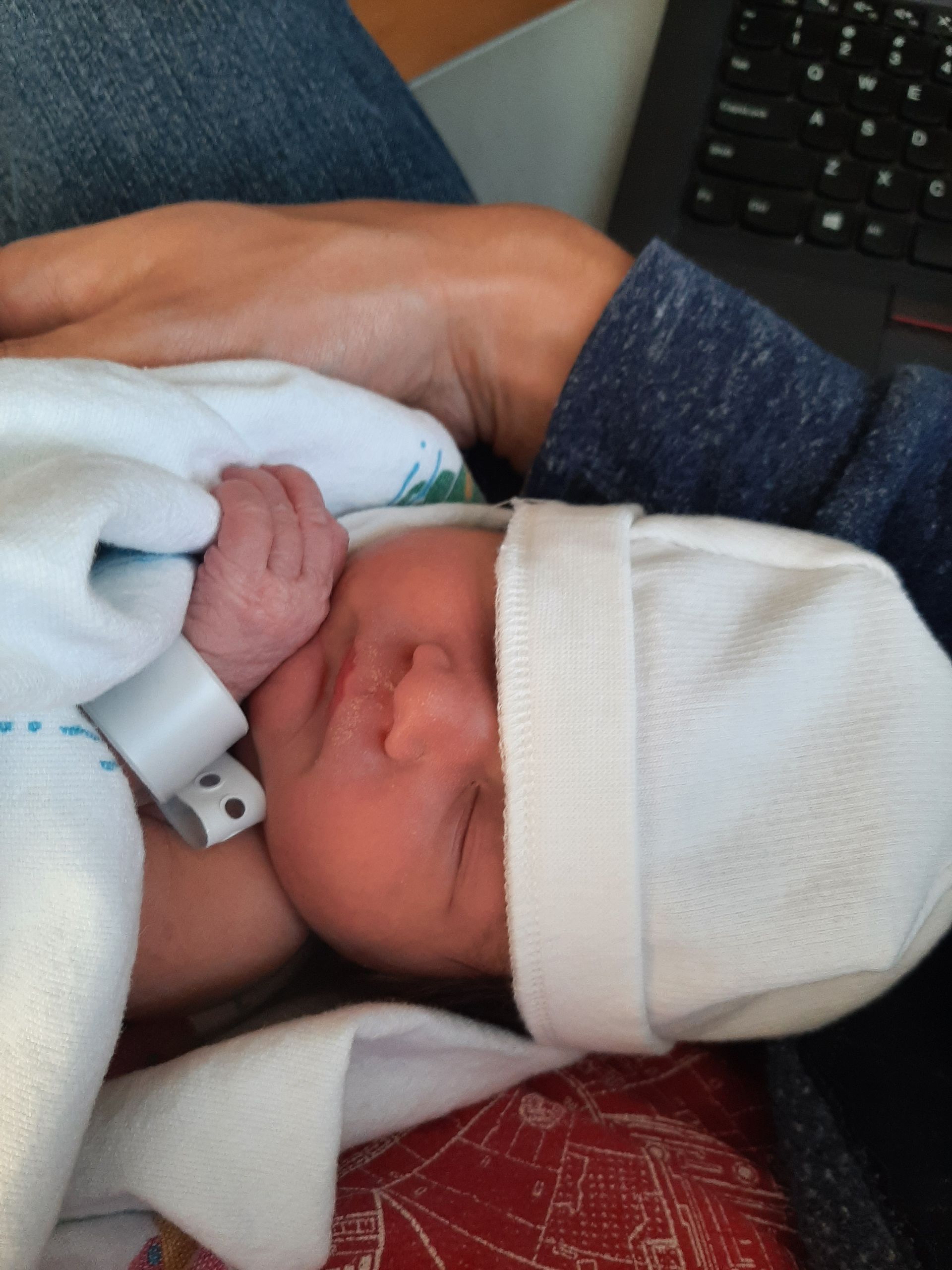Infertility And You
Infertility can be challenging – what often begins as a hopeful, excited path to family building can quickly become lined with worry and unanswered questions. Infertility is recognized when a couple has been trying unsuccessfully to conceive for at least 12 months. In the US, 1 in 8 couples experience difficulty conceiving.
At Reply we use the term “Subfertility” which we define as the inability to conceive after 6 months of trying. Taking this approach allows us to begin earlier into the investigation of possible causes of subfertility. Our subfertility program is designed around a “Finding and Fixing” model of care; one that seeks to identify, diagnose, and treat underlying conditions in an attempt to optimize health and allow couples to conceive naturally. Cycle charting is an important tool we use in our subfertility program. The information from your cycle chart sheds light on potential health issues and the patterns unique to your body. Gathering this information allows us to create more targeted treatment plans. Click here to listen as Dr. Amina White describes the program in more detail.
I think we have a fertility problem… who should I tell?
As you begin an infertility journey, deciding who to turn to for support becomes an important part of the equation. It can feel very isolating to experience infertility alone. However, these are hard conversations to navigate! Opening up with friends and loved ones who have not experienced infertility comes with its own considerations. Likewise, choosing to begin fertility education or to see a fertility clinician can be tough, as parsing through what to share and what to keep to yourself can feel awkward.
Planning Before Pregnancy
Here are 7 thoughtful considerations to guide conversation with the people that will be supporting you while you are trying to conceive.
- When speaking with fertile friends and loved ones, offer direct advice. Share things that you’d like them to say or not say to you. For example: “On Mother’s/Father’s day, it would be encouraging to hear that you’re thinking of us while we wait!” or “I know you’re trying for pregnancy too, if you do get pregnant, would you share with me personally before putting on social media?”
- Boundaries are important, so if don’t know if you want to keep something private, a good practice is to keep it private until you are sure. You can’t un-share, but you can share when you feel more comfortable and ready.
- Seek like-minded community to learn how others are connecting. Resolve offers virtual and in-person groups around the country. Organic Conceptions is a self-guided program that includes membership with an online infertility community and monthly group calls.
- Sometimes, others won’t understand new health or lifestyle choices that may accompany infertility. Practice responses ahead of time. If you have chosen to stay home, or abstain from alcohol, or your dinner plate looks different than it used to, find the response type that fits your style – an honest answer, making light of the situation, or changing the topic.
- When speaking with your Reply clinician, remember that they know an understand both the physical and emotional toll of infertility. There is no expectation for you to feel hopeful at every appointment. Likewise, there’s no expectation for you to feel grief at every turn.
- If you’re unsure about sharing something with your Reply fertility clinician or fertility educator, err on the side of sharing if you feel comfortable. Often, personal things you share play a role in your care because your physical health is not separated from the rest of your life.
- In all conversations, keep hopes high and set reasonable expectations. Remember, the things you are sharing have been in your thoughts for a long time, but they are new to the person you are sharing them with. Expect that their initial reaction might not be what you expected, but in the long run, it might be exactly what you need.
If you’ve been trying to conceive or are concerned about your chances for conception, Reply can help. Our health coaches are available to help you set achievable nutritional and lifestyle goals designed to improve your overall preconception health. Our fertility educators are available to schedule one-on-one appointments (available by telehealth too!) to help you understand and track your menstrual cycles and learn about cycle charting. And our fertility case management team is available to discuss the details of our subfertility program and next steps for getting started.
If this sounds interesting to you, please call us at 919.230.2100 or click here to schedule an appointment.











